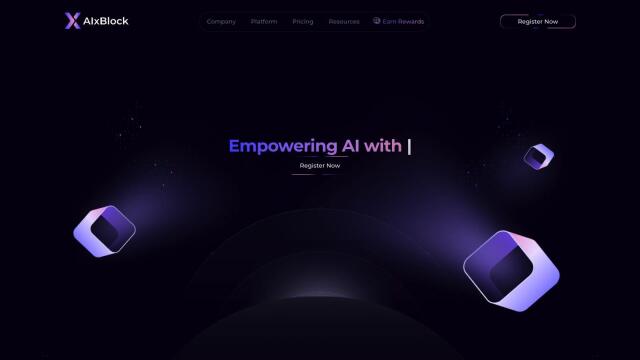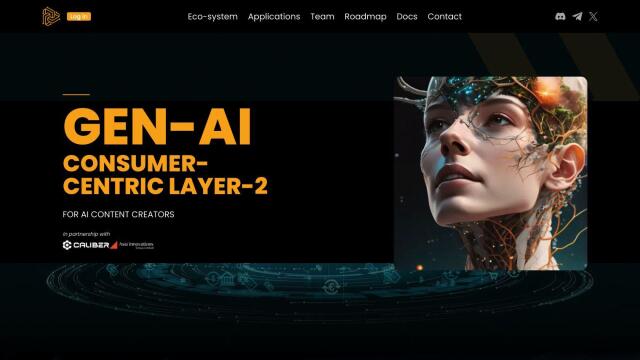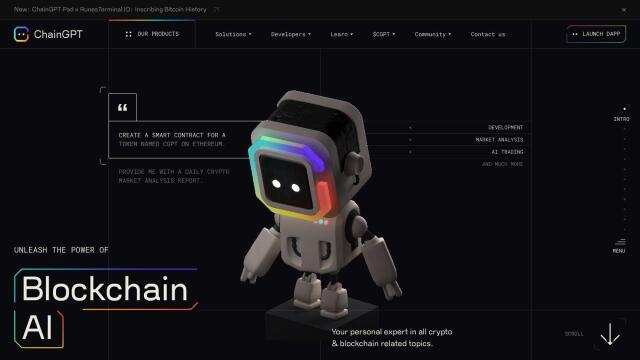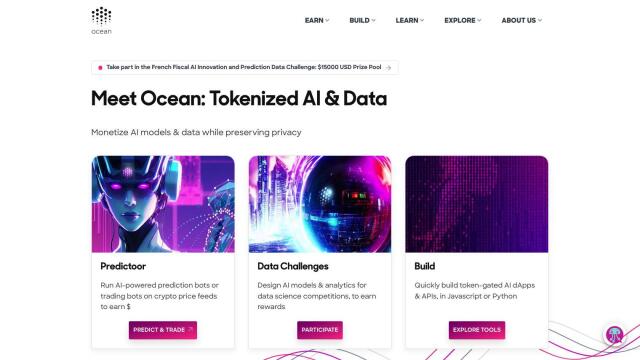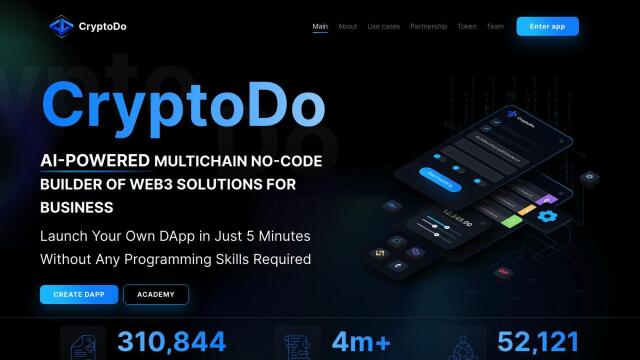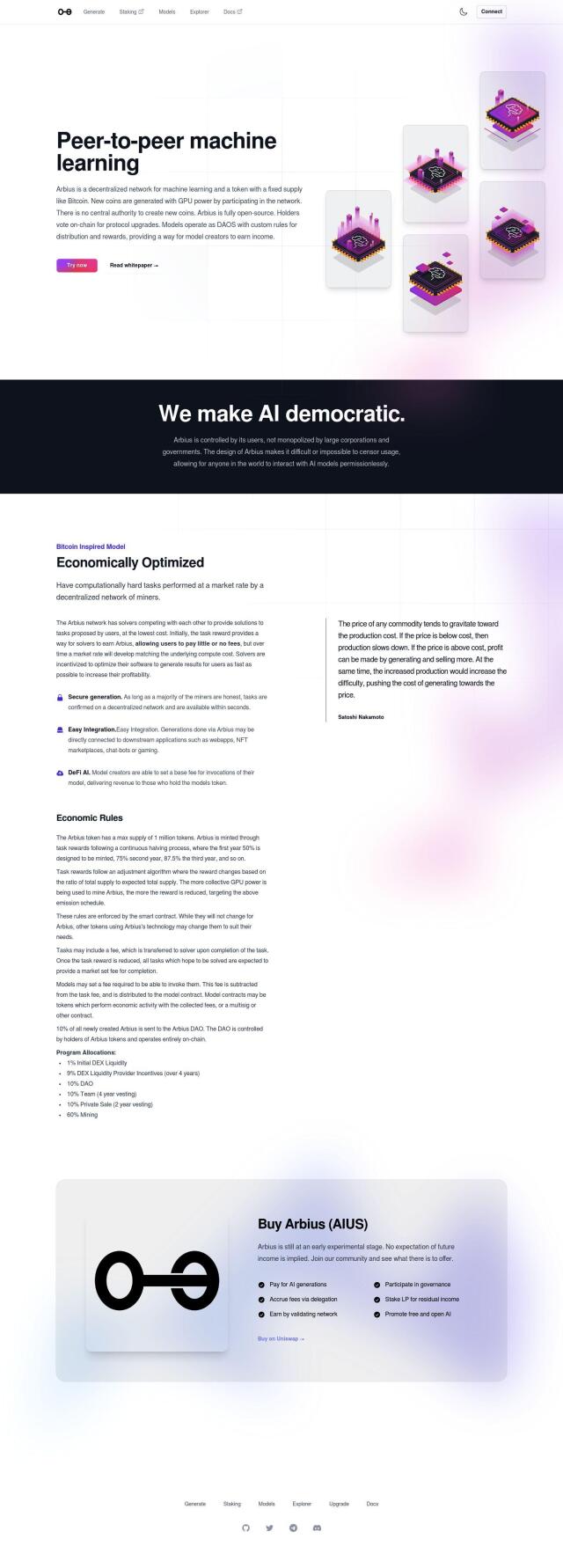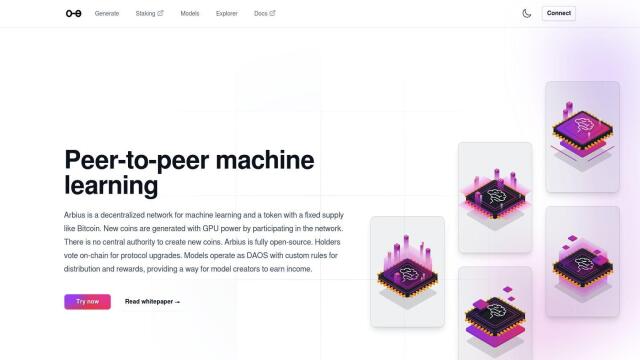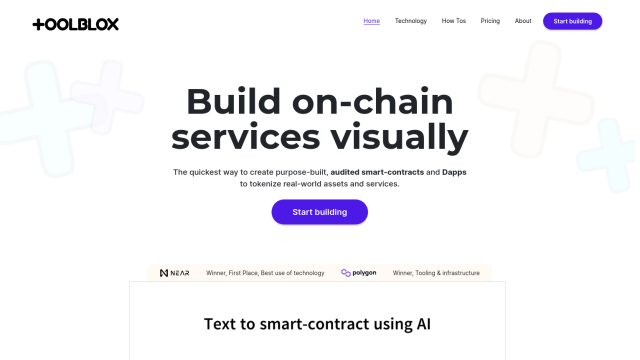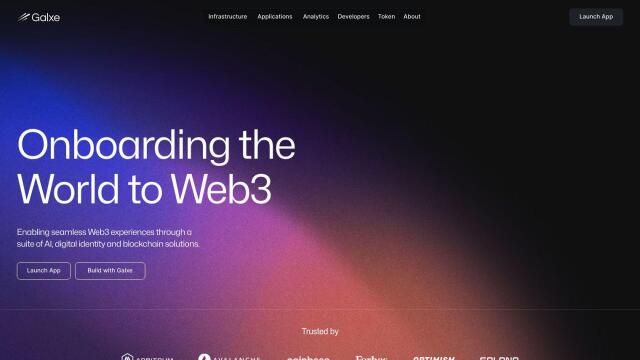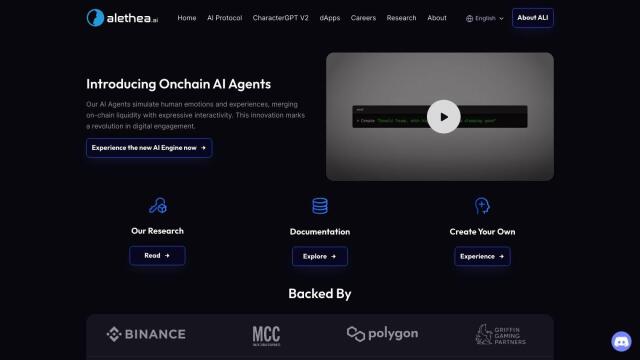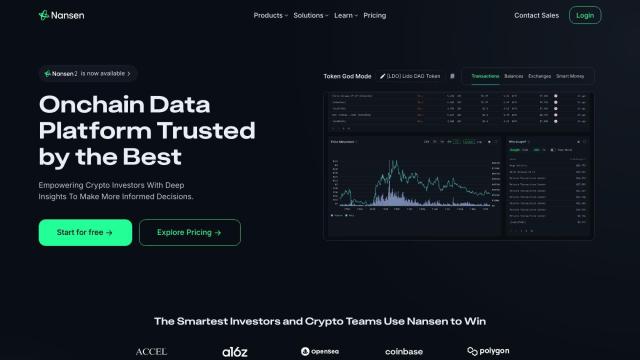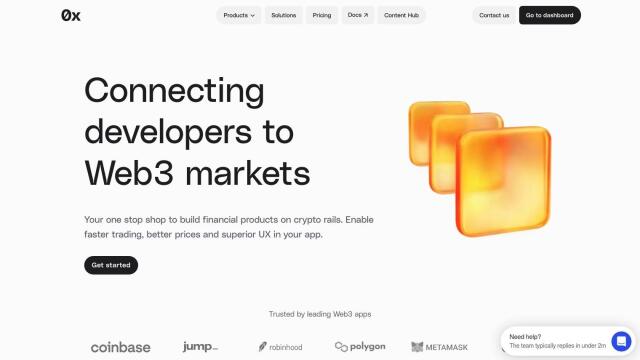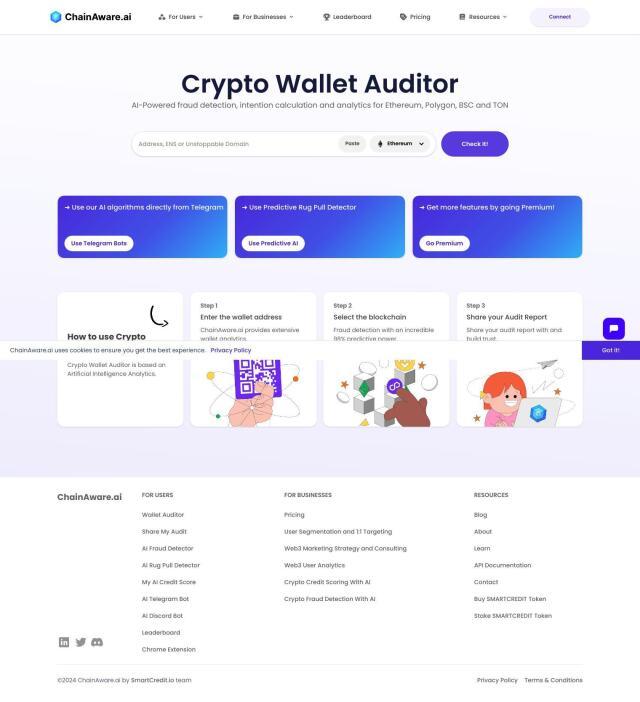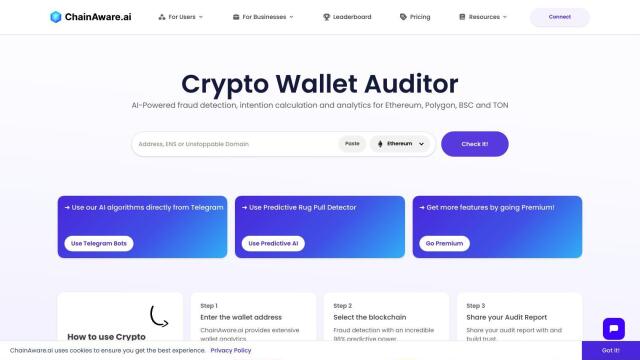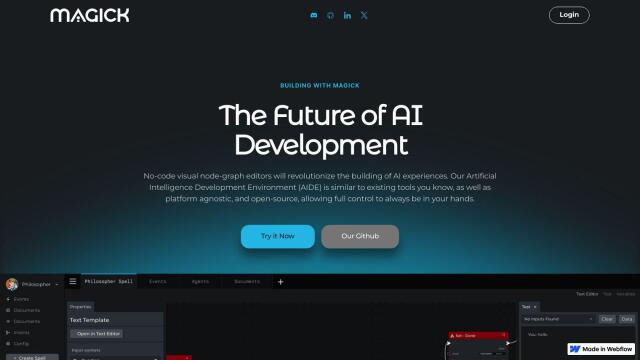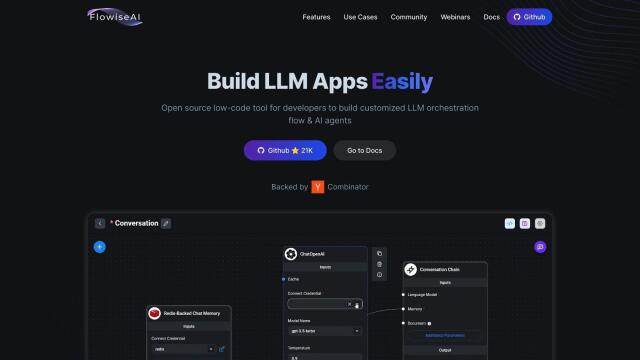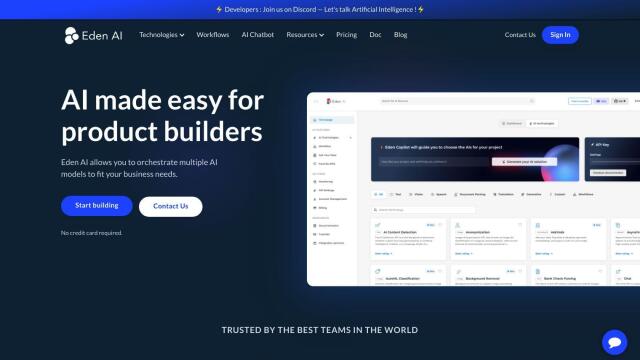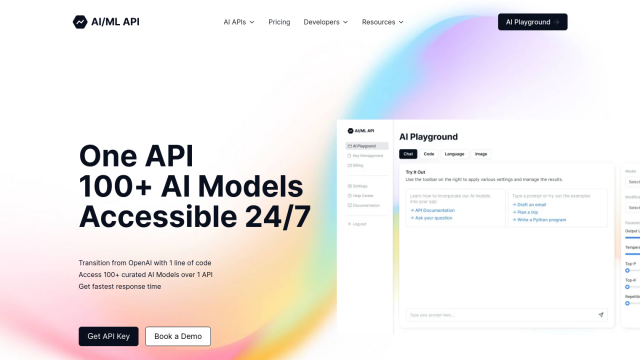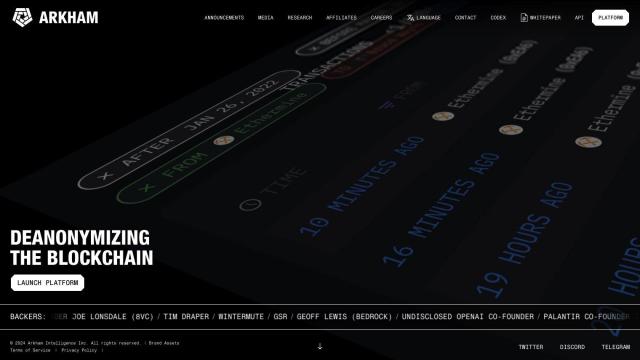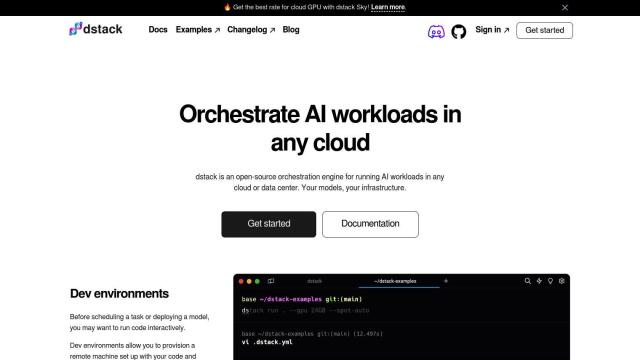Question: Do you know of a blockchain network that allows for interoperability with other networks and offers high throughput and low gas fees?

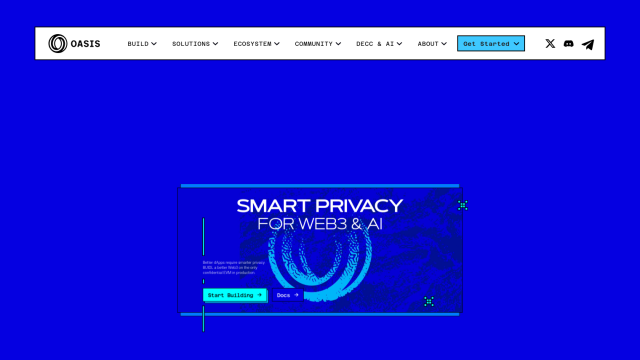
Oasis
For a blockchain network that offers interoperability with other networks, high throughput, and low gas fees, Oasis is a strong contender. The platform lets developers create private decentralized applications (dApps) with its confidential Ethereum Virtual Machine (EVM) and has a modular design that separates consensus and compute layers. It's designed for high throughput and low gas fees, and is a good fit for use cases like decentralized AI, DeFi, account abstraction, gaming and NFTs.

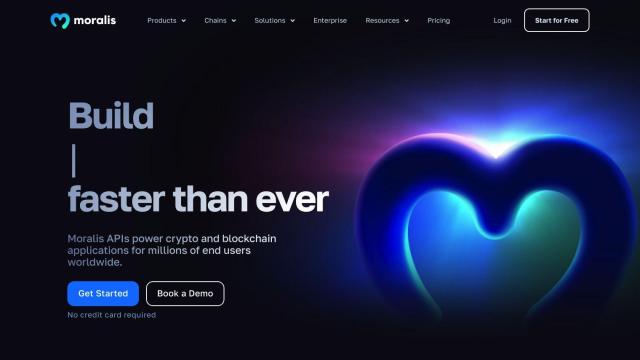
Moralis
Another contender is Moralis, which offers a suite of enterprise-grade Web3 APIs that give you immediate access to cross-chain blockchain data. With features like real-time market insights, cross-chain NFT transfers, and high-accuracy blockchain data, Moralis is designed to save you time and money in development. It offers scalability and high-performing RPC nodes for several blockchain networks, making it a good option for dapp development, Web3 wallets and market analysis.

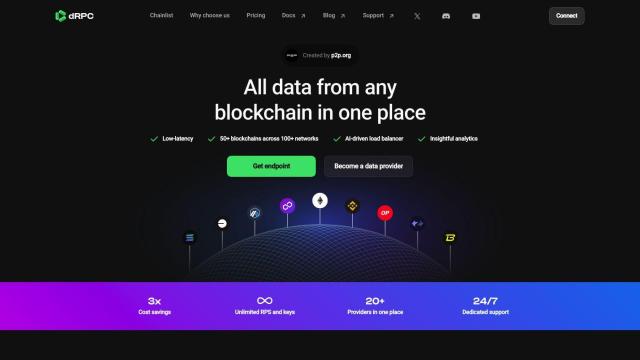
dRPC
If you need high-performance and low-latency access to data across multiple blockchain platforms, dRPC could be the answer. It aggregates more than 50 blockchains across more than 100 networks and offers an AI-powered load balancer for the best performance. With unlimited RPS and pay-as-you-go pricing, dRPC offers a scalable and efficient way to manage Web3 infrastructure while avoiding centralization risks.
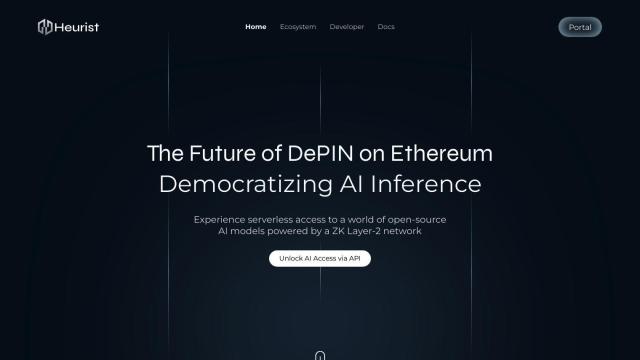
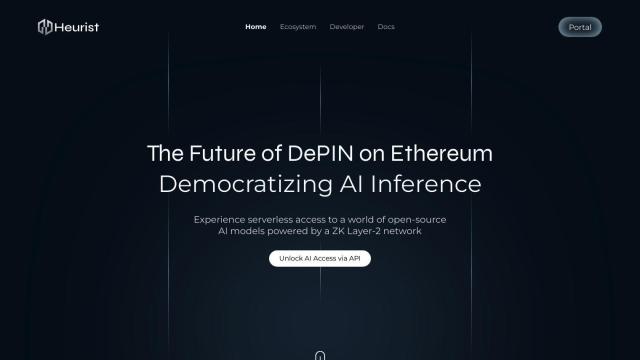
Heurist
Last is Heurist, a decentralized Layer 2 blockchain protocol for hosting AI models. It uses a ZK Layer-2 network for smart contract execution and a decentralized registry for open-source AI models. The result is low fees and better privacy, a good option for developers and companies seeking to cut costs and innovate in AI model hosting.

